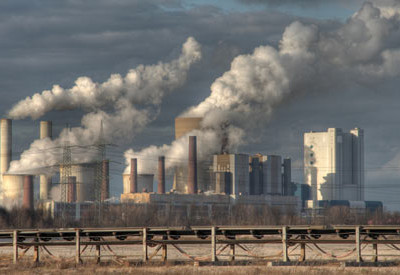How NOT to Report on Climate Change

My eye couldn’t help but be drawn to this headline from the Times of India: ‘Nearly 80% of mango crop ruined by climate change’.
Wow, I thought. Even for a pessimist like myself, that’s quite a lot. And how did they determine that? Then I looked at the story. Here’s the lede:
Alphonso, the king of mangoes, has fallen victim to climate change. The state government’s preliminary estimate is that nearly 80% of the mango crop has been destroyed, said agriculture minister Radhakrishna Vikhe-Patil.
“The trees flowered far in excess of everyone’s expectations . The devastation has taken us by surprise. I am told it is because of climate change,” said Vikhe-Patil who has called a meeting on Wednesday to assess the damage.
That’s it. That’s the entire evidence that we have in the article for the proposition that climate change caused the excessive flowering. The minister doesn’t even bother to describe a source, much less cite the scientific basis for it. And the headline “quote” appears to be made up: no
Climate change is real. It is serious. We need to combat right now. But it does no good to ascribe causation without evidence. Maybe the evidence will be sketchy or imperfect: in fact, it probably will be, because it is difficult to trace causation to specific events. But there should at least be a plausible case. This doesn’t help.
For the record, I can affirm from personal experience that the Alphonso Mango is absolutely delicious, and the Indian ones just put what Americans usually think of as mangoes to shame. That’s more evidence than is contained in the Times of India piece.
Reader Comments
2 Replies to “How NOT to Report on Climate Change”
Comments are closed.







Dear Jonathan,
The two major problems with climate change are that there is no conclusive evidence which proves; 1) carbon dioxide is the driving force, and 2) climate change can be mitigated by regulating carbon dioxide emissions.
Since EPA can not be trusted to act with truthfulness and integrity, then it is in the public interest to proceed with shutting down the EPA, and now there is hope. The major instigator of global warming hype should come to a screeching halt this weekend, and for this we can all be thankful. Next week may be the beginning of a new era in America.
I doubt there will be a surge of premature deaths when the EPA can no longer protect us from ” polluters” because we never knew for sure if premature deaths were real to begin with. It will be fun to watch what happens when we collectively take a break from the EPA. This may be a truly signficant and historical event in national environmental policy.
I believe that the staff of EPA could be permanently cut by 90% and this would not cause any increase in premature deaths or other adverse health effects. Now we an oppourtunity to test this hypothesis. Accordingly, I am respectfully requesting that contributors to this forum post any reports of premature deaths or adverse health affects resulting from exposure to air and water pollution, during the EPA shutdown. Thanks
bqrq, here’s a list of recent EPA enforcement settlements, which include, for example, enforcement of prohibitions on discharging coal mining waste into rivers, requiring corporations to comply with the Clean Air Act’s chemical accident prevention regulations, and requiring cities to stop raw sewage from flowing into rivers:
http://cfpub.epa.gov/compliance/cases/
And as the expert in environmental policy that you are, I’m sure you know that the vast majority of air and water quality law enforcement is performed by state agencies under delegated programs, and these state programs won’t be directly affected by the federal government shutdown anyway. EPA’s role, more often, is developing and implementing new rules.